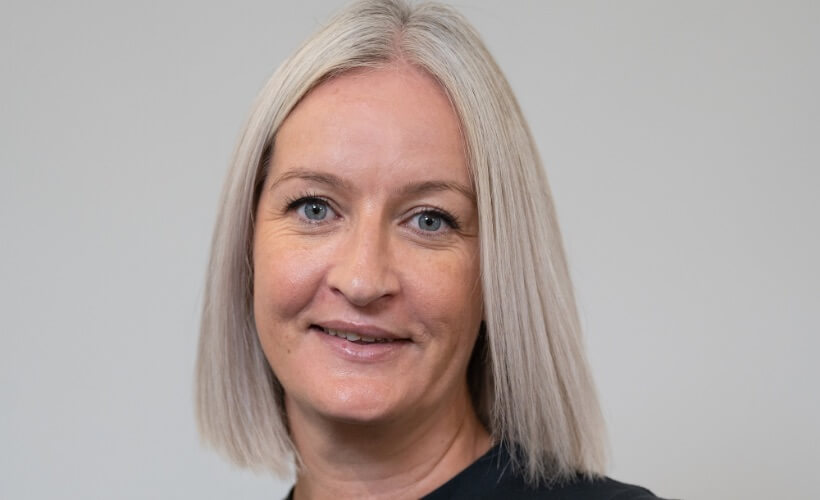Sarah Yeats, managing director, Sledge, outlines how event organisers can meet green briefs.
Environmental concerns have been at the forefront of our industry of late, and in my experience, the same can be said for many of the brands that look to us for support when it comes to producing their events.
They seek the same creativity and know-how as before, however details of their sustainability policies and ESG commitments are more prominent in RFPs and briefs. Clients expect us to weave these throughout their experiences, bring new and unique recommendations to the table, and requests to provide details about our own green credentials are now almost standard.
So, how do we respond to such briefs?
Assess your own commitments
Brands often ask for recognised certifications and policies that reflect their own sustainability requirements.
This means assessing those that are right for your business and theirs, and taking the steps to attain and commit to them ongoing, is a must. Here actions might include developing an internal vision, goals and roadmap that’s focused on reducing your environmental impact as a business, considering BCorp certification, and developing processes and procedures such as a Sustainability Management System and Responsible Client Decision Tree.
Take an internal deep dive
For operational change, awareness and action of this nature to occur, it’s important to take your people on the journey with you.
Educating employees about the importance of playing their part in the climate emergency, and empowering them to both have their say when it comes to the business’s sustainability strategy – internally and from a project perspective – and confidently communicate this to clients is key.
For us, transitioning to an Employee Ownership Trust (EOT) has been instrumental to delivering on clients’ sustainability related goals, and their events overall, because we’re all aligned to the same vision, and are united in our passion for making a difference.
Translate documents into action
It’s important to remember that while an organisation may have dedicated sustainability support internally, we’re the experts when it comes to bringing their events to life.
Strive to analyse a client’s sustainability commitments as a team, and unearth the tactics that will minimise the event’s environmental impact and achieve all of the client’s objectives, while also upholding your own values.
Examples of this may include:
- Creating a checklist that is used when vetting all suppliers, and assessing each client’s requirements, to ensure their green credentials ladder up before enlisting them to support on a project.
- While it might sound obvious, dedicating time to sourcing sustainable alternatives is key, as new companies, products and initiatives are constantly emerging in this space. This might mean recommending paperless communications, adopting digital LED signage, eliminating buffets and replacing them with vegetarian and vegan bowl food options, rethinking travel, and developing a plan of action around how any materials will be either reused, or donated to organisations such as Event Cycle.
- Tracking the impact of events, and plugging in key criteria that reflects the client’s brief will ensure they have rich data at their fingertips. It will highlight the project’s successes, and also outline how we can do better as a collective moving forward.
A final word
Don’t be afraid to ask for help. We’re all in this together as an industry, and can learn from each other’s challenges and successes.
Furthermore, there are many sustainability consultants out there that can help you solidify your commitment internally and across projects. It’s an action we’ve taken, and it’s one that has proven wholly beneficial to our clients, team and agency operations.















